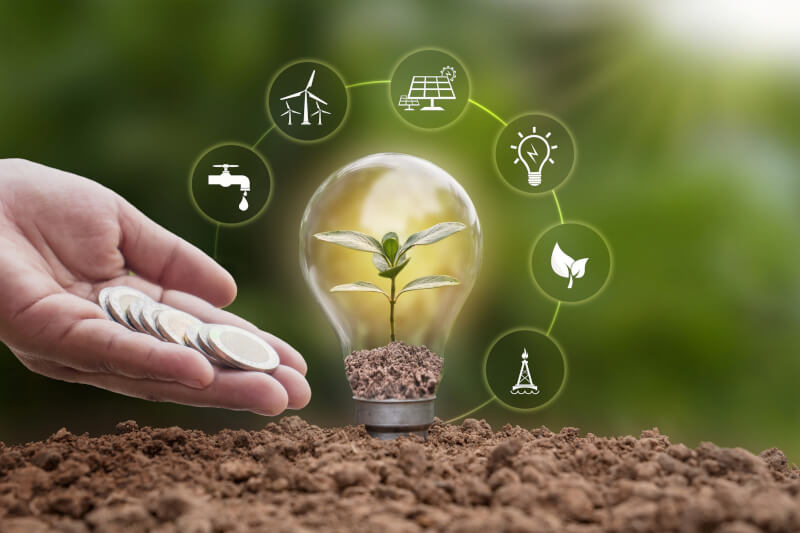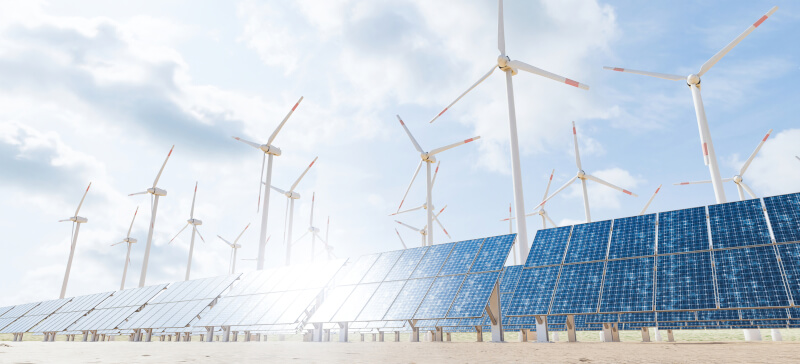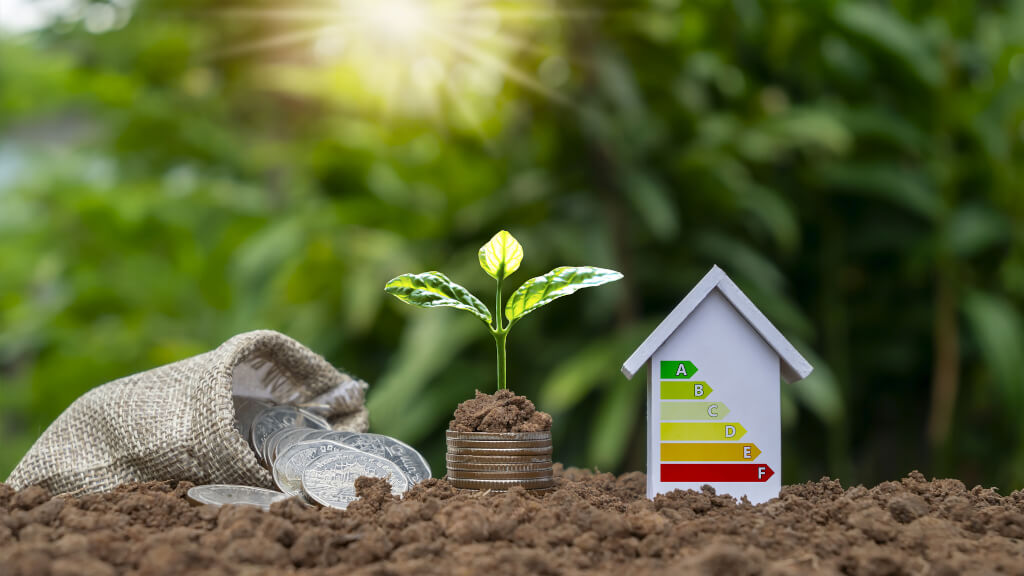In the beautiful continent of Africa, sustainable economic growth is not just a buzzword, it’s a transformative reality unfolding right before our eyes. One such transformation is happening in the heart of Kenya, driven by a groundbreaking company called M-KOPA Solar. Their mission is simple yet powerful: to make renewable energy accessible to millions living off-grid, who until now had to rely on environmentally harmful fossil fuels.
Lighting Up Africa, One Household at a Time
M-KOPA, named for mobile (M) and “borrow” in Swahili (kopa), is more than just a solar power provider. It’s a beacon of hope, lighting up homes and businesses across Africa. Since its inception in 2012, M-KOPA has been on a mission to leverage technology to drive accessibility and affordability in the energy sector. They’ve developed a unique pay-as-you-go model that has revolutionized the way renewable energy is purchased.
Customers pay a deposit of KSh. 3,500 (approximately US$35), take home a solar system, and then pay KSh. 50 (approximately US$0.50) a day for a year. These daily payments, made through M-Pesa—a mobile phone-based money system—allow customers to offset the cost of the device. After 12 months of regular payments, the solar system is fully owned by the customer, granting free access to solar energy.
This innovative approach is not just about spreading light—it’s about curbing the harmful and dangerous use of kerosene lamps in homes of electric grids. By doing so, M-KOPA is playing an integral part in reducing pollution and promoting a healthier environment.
Their Innovative Business Model
M-KOPA’s unique approach to business combines technology, finance, and renewable energy in a way that transforms lives. With the pay-as-you-go model, they’ve tapped into the potential of micro-financing, allowing low-income households access to clean energy. This model also contributes to the customer’s creditworthiness. As customers consistently make payments via M-Pesa, they build a verifiable credit history, which can be instrumental for future financial opportunities.
M-KOPA’s Milestones and Economic Impact
M-KOPA’s impact has been phenomenal, and the numbers speak for themselves. By 2015, the company had powered 150,000 households in Kenya, Uganda, and Tanzania. By early 2016, they had connected over 300,000 homes in East Africa to solar power. Their growth continued at an impressive rate, and by January 2018, they had wired at least 500,000 homes.
But M-KOPA’s impact goes beyond the household. By providing affordable, renewable energy, they’ve empowered local businesses to operate longer hours, increasing productivity and economic output. This has created a ripple effect in local economies, leading to job creation in their supply and distribution chains.
Making Renewable Energy Affordable

M-KOPA’s solar system is more than just a power solution – it’s an affordable pathway to energy independence. After the initial cost, users are freed from the cycle of ongoing energy expenses. Furthermore, M-KOPA’s offering of upgrades such as smartphones, water tanks, and fridges indicates a focus on comprehensive lifestyle improvement for its customers. They are not just providing power, but the tools and devices that utilize it, further enhancing living conditions and opportunities for the underserved.
Impact on Local Communities
By replacing kerosene lamps, M-KOPA is helping to reduce indoor air pollution, a significant health hazard in off-grid homes. Additionally, the ability to charge mobile phones and batteries at home can save community members long, often dangerous trips to charging stations. Beyond this, M-KOPA has created a ripple effect in local economies, through job creation in supply and distribution chains, increased productivity for businesses operating longer hours, and overall economic growth.
Expansion and Recognition
Since its humble beginnings, M-KOPA has expanded its reach to Nigeria, with more regions in sight. Their growth and success haven’t gone unnoticed. M-KOPA has bagged several prestigious awards, including the Bloomberg New Energy Finance Award in 2014, two awards from the Financial Times in 2013 for Technology in Sustainable Finance and Excellence in Sustainable Finance, and recognition by Fortune Magazine as one of the Top 50 Companies Changing the World.
Potential for Similar Initiatives in Other Regions
The success of M-KOPA shines a spotlight on the untapped potential in Africa’s renewable energy sector. It serves as an inspiring blueprint for similar initiatives in other regions with limited access to grid power. The way M-KOPA has harnessed mobile technology for payment and distribution could be adapted to local conditions in other developing countries. Furthermore, partnerships like the ones M-KOPA formed with Safaricom, Mastercard, and others, could serve as models for leveraging existing infrastructures and services to facilitate access to renewable energy.
Creating a Sustainable Future

M-KOPA is more than just a company—it’s a movement, a revolution in sustainable living. It serves as a shining example of the power of innovative business models to create meaningful change. Their success has illuminated a path for similar initiatives to follow, fueling hope for a greener and more sustainable Africa.
The Green Savings
To understand the economic impact of M-KOPA’s solar systems on a household level, it is important to compare it with the cost of traditional fossil fuels. The savings a customer can achieve by switching to M-KOPA’s solar system are quite significant, especially when considering long-term cost efficiency. Below is a comparative table that illustrates this point:
| Cost Category | M-KOPA Solar System | Traditional Fossil Fuels |
| Initial Deposit | KSh. 3,500 (~US$35) | N/A |
| Daily Cost for a Year | US$0.50 per day | 5 and 17 cents per kilowatt-hour |
| Long-term Cost (After 1 Year) | Free access to solar energy | Continuous fuel cost |
| Associated Health Risks | None | High (due to pollution and potential fire hazard) |
| Environmental Impact | Sustainable (zero emissions) | High (carbon emissions) |
These numbers demonstrate how, despite an initial deposit, the M-KOPA solar system provides long-term economic benefits for users, offering a sustainable and cost-effective alternative to the continuous expenses associated with traditional fossil fuel use. Additionally, the switch to renewable energy with M-KOPA helps households evade health risks and contribute positively to environmental conservation.
Looking Ahead
Looking ahead, M-KOPA continues to innovate, introducing new products like smartphones, water tanks, and fridges. They have launched SOLAPESA, a cash loan service for existing customers, further embedding themselves in the economic ecosystem. As we observe their remarkable growth, we can’t help but be excited about the future M-KOPA is helping to build—one where every household has access to affordable, renewable energy.
About The Author:
Tumi Nkosi is a seasoned reporter with a focus on renewable energy and green technologies. With a degree in Environmental Science and years of reporting under her belt, Tumi provides Africa Nova’s readers with in-depth insights into the latest sustainable innovations across the continent.




